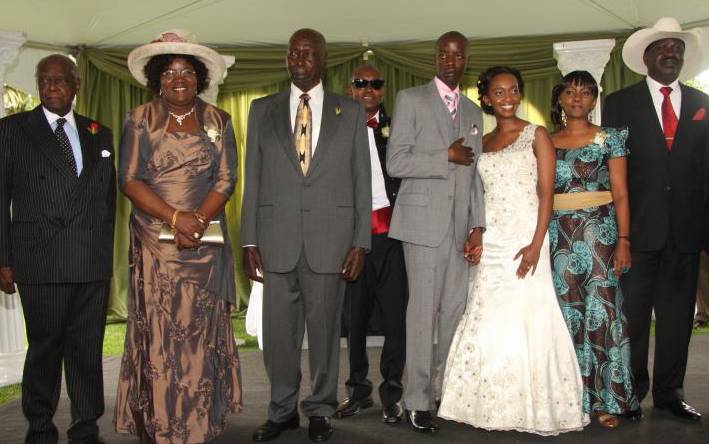×
The Standard e-Paper
Join Thousands Daily

Charles Njonjo, Ida Odinga, former president Daniel Moi, Raila Junior, and his wife and ODM leader Raila in an undated photo of a past event. [File, Standard]
For years, ODM leader Raila Odinga’s wife, Ida, lived with pain and bitterness of untold proportions.